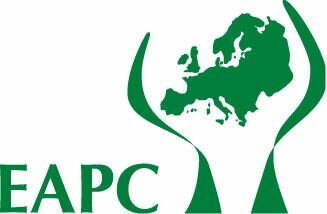|
Care for people Dying in Hospitals Programme |
|
|
Developing a ‘hospice friendly hospital’ presents particular challenges because death is sometimes unanticipated and even when anticipated it can still challenge hospital staff. As well as addressing the needs of patients and families the needs of a wide range of medical, nursing and support staff must also be addressed. Hospital staff, whose primary focus is on curing people, have understandable difficulties in dealing with the emotional intensity associated with the period around the death of a person and the concerns and distress felt by relatives. Issues such as the communication of bad news, predicting survival periods, supporting colleagues after the death of a patient and the need for facilities that enhance dignity and privacy are not easily addressed within acute hospitals. Dying in hospital can involve a complex mix of tangible and intangible issues and present challenges of a profound as well as a practical nature. The Care for People Dying in Hospitals Project The Care for People Dying in Hospitals Project had two principle aims:
The project placed great importance on involving people with widely differing perspectives and in reaching out to the wider hospital using and general public. Through the development of a wide range of work groups involving all areas of hospital responsibility, as well as patient, family and community/public interests, good practices were identified and shortcomings were addressed. From Eugene Murray |
